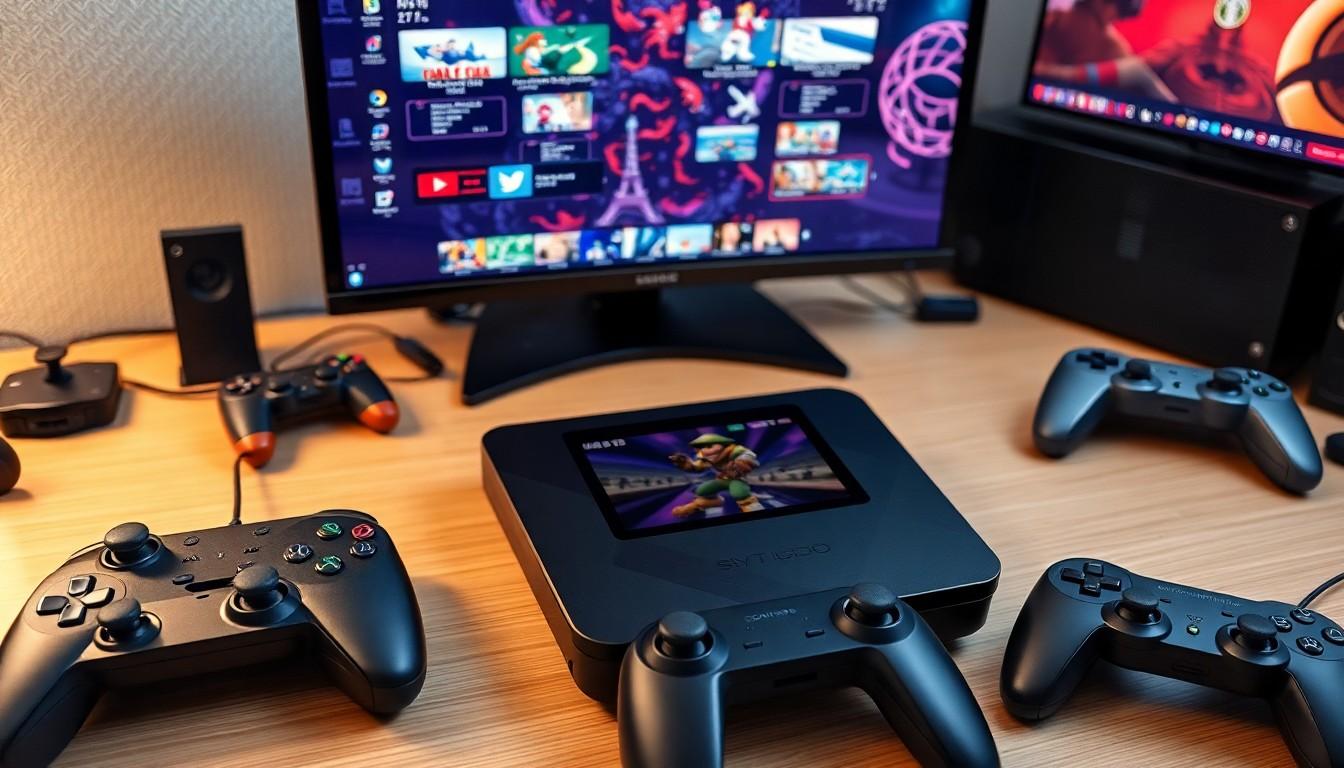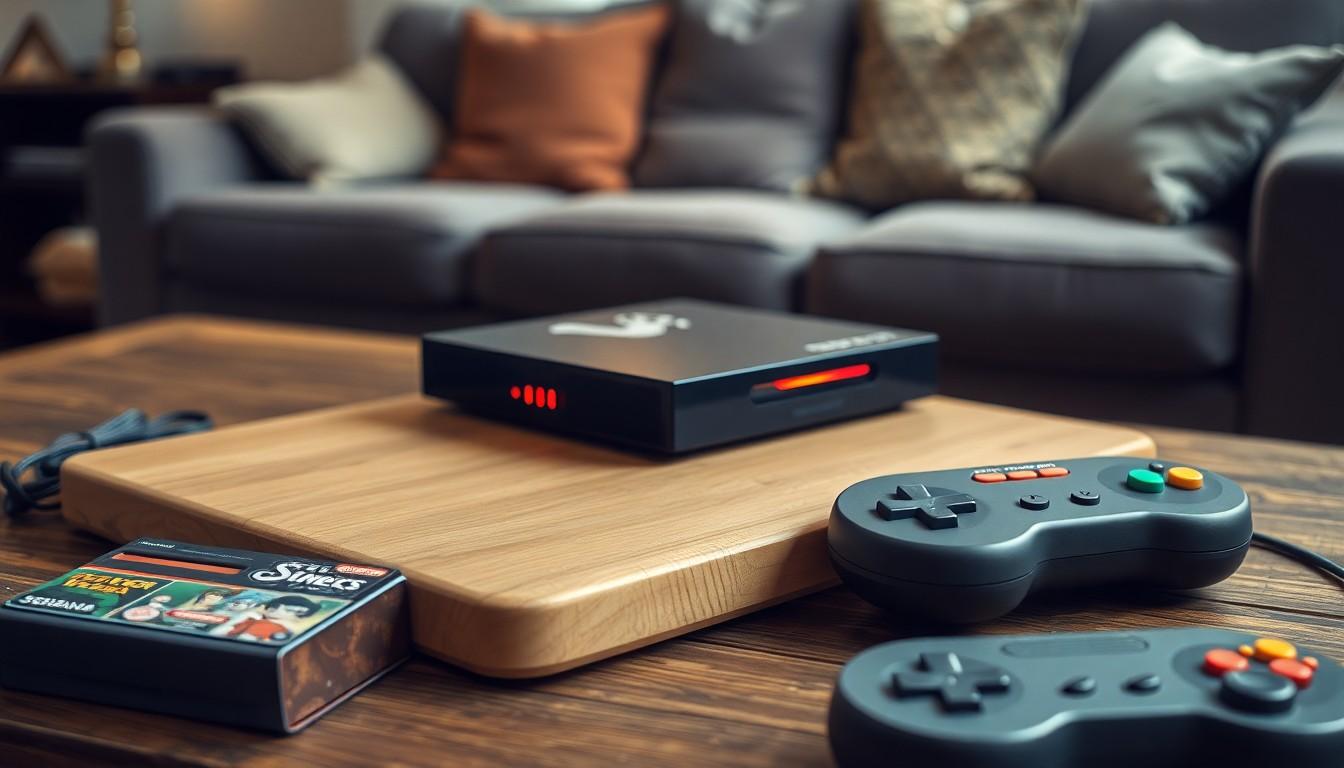Table of Contents
ToggleThe Steam Deck has taken the gaming world by storm, offering portability and power in one sleek package. But what if it could do even more? Enter the realm of Steam Deck emulators—where nostalgia meets modern gaming. Imagine playing your favorite classics from consoles long gone, all while lounging on your couch in your pajamas. Sounds like a dream, right?
Overview of Steam Deck Emulators
Steam Deck emulators enable gamers to enjoy titles from various classic consoles on their handheld device. A wide array of emulators exists, catering to systems like Nintendo, Sega, and PlayStation. Each emulator varies in compatibility, performance, and features, making selection vital for optimized gameplay.
Popular emulators include Yuzu for Nintendo Switch, Cemu for Wii U, and RPCS3 for PlayStation 3. These programs allow for enhanced graphics, customization options, and improved performance compared to original hardware. Users often report smoother frame rates and higher resolutions, enhancing the gaming experience significantly.
Installing emulators on a Steam Deck involves straightforward steps. Users must enable Developer Mode, configure Proton to ensure compatibility, and download the desired emulator. Community support remains robust, providing assistance through forums and guides.
Compatibility remains a crucial factor in user experience. Many emulators offer extensive libraries, though some titles may not run perfectly. Regular updates from developers often address bugs and enhance performance, ensuring that users can access new features and improved functionality.
Emulator performance on the Steam Deck generally receives positive feedback. Users appreciate the solid integration within the SteamOS environment, which simplifies launching and managing games. Testing various settings can optimize individual experiences based on the game and emulator type.
Portability becomes a significant advantage with Steam Deck emulators. Gamers can play their favorite classic titles anywhere, leveraging the handheld’s battery life for extended sessions. This convenience encourages exploration of retro gaming while also enjoying modern titles.
Popular Steam Deck Emulators

Numerous emulators enhance the Steam Deck gaming experience. Each emulator provides unique features that cater to different gaming preferences.
Emulator 1: Proton
Proton is a compatibility layer developed by Valve. It allows Windows games to run seamlessly on Linux-based operating systems like SteamOS. Many users enjoy its ability to support a wide range of titles. Developers frequently update Proton to improve performance and fix issues. Community contributions help refine its functionality. Gamers benefit from the extensive compatibility, enabling them to access a vast library of titles originally designed for Windows.
Emulator 2: RetroArch
RetroArch is an all-in-one emulator front-end. It supports multiple console emulators through a unified interface. Various cores for different systems make RetroArch particularly versatile. Users appreciate its powerful features, such as save states and shaders. Frequent updates ensure compatibility with new titles and improvements in performance. Community support enhances the experience through forums and guides, making customization easier for gamers.
Emulator 3: Yuzu
Yuzu specializes in Nintendo Switch emulation. It offers impressive graphics enhancements and high compatibility for many titles. Users can enjoy games at higher resolutions than those available on original hardware. Regular updates from developers improve stability and performance continuously. The active community fosters support and provides guides for configuration. Gamers looking for a top-tier Nintendo Switch emulator find Yuzu an excellent choice for portable gaming on the Steam Deck.
Benefits of Using Emulators on Steam Deck
Using emulators on the Steam Deck provides numerous advantages for gamers. Gamers access a wider library of classic titles, which encourages exploration beyond modern games. Enhanced graphics and performance improvements often outperform original hardware, resulting in a better overall experience.
Emulators like Yuzu and Cemu allow customization, offering features like texture packs and adjustable resolutions. This personalization enhances gameplay, making it more enjoyable for users. Community support is strong, with forums and guides readily available to assist with setup and troubleshooting.
Portability stands out as a key benefit. Gamers can carry their entire library of retro games wherever they go, making gaming more accessible. Quick saves and load states through emulators streamline gameplay, allowing users to pick up and play on the fly.
Compatibility plays a significant role, with many emulators supporting various systems. Some titles may face performance issues, but regular updates from developers address these bugs, ensuring an improved experience. The combination of extensive libraries and ongoing support from the community empowers users to adapt their gaming to their preferences.
Sustainability also forms a crucial aspect of emulation. Older games often become harder to find, and emulators foster the preservation of gaming history. Sustainable gaming practices benefit from accessing these titles without relying on dwindling physical copies.
These benefits not only improve gameplay but also encourage more players to dive into the world of retro gaming, enriching their overall Steam Deck experience.
Setting Up Emulators on Your Steam Deck
Setting up emulators on the Steam Deck enhances the gaming experience significantly. First, enabling Developer Mode is essential, as it provides the necessary tools for installation and configuration.
Configuring Proton offers additional compatibility for Windows-based games. Users can adjust settings to ensure optimal performance with specific emulators. Popular choices like Yuzu, Cemu, or RPCS3 require download from official sites, simplifying the setup process.
Installing an emulator often involves straightforward steps. Surfing through user-friendly interfaces streamlines the installation and configuration procedures. Following community guides assists players in troubleshooting common issues that may arise.
Launching titles from various classic consoles becomes possible after installation. RetroArch delivers support for multiple emulators, enhancing the overall experience by offering powerful features like save states and shaders. Gamers benefit from easy access to vast libraries, making it feasible to explore numerous classic games.
Emulators frequently receive updates from their developers. These updates mainly focus on performance improvements and bug fixes, ensuring a reliable gaming experience. Many users report excellent performance, thanks to the high specifications of the Steam Deck’s hardware.
Portability remains a highlight of using emulators on the Steam Deck. Gamers can take their favorite retro titles anywhere, combining classic and modern gaming like never before. By exploring various customization options, gamers can tailor their experiences, making gameplay even more enjoyable.
Overall, setting up emulators on the Steam Deck is a straightforward process that unlocks a wealth of gaming possibilities, blending nostalgia with modern technology.
Conclusion
Steam Deck emulators open a world of gaming possibilities for enthusiasts. By blending the nostalgia of classic titles with the advanced capabilities of modern technology, gamers can enjoy an extensive library from the comfort of their handheld device. The seamless integration of these emulators within the SteamOS environment enhances gameplay, offering improved graphics and performance.
With strong community support and user-friendly installation processes, even those new to emulation can dive into retro gaming. The portability of the Steam Deck ensures that favorite classics can be played anywhere, making it a versatile choice for gamers. As developers continue to update and refine these emulators, the future of gaming on the Steam Deck looks bright, inviting players to explore the rich history of video games.




